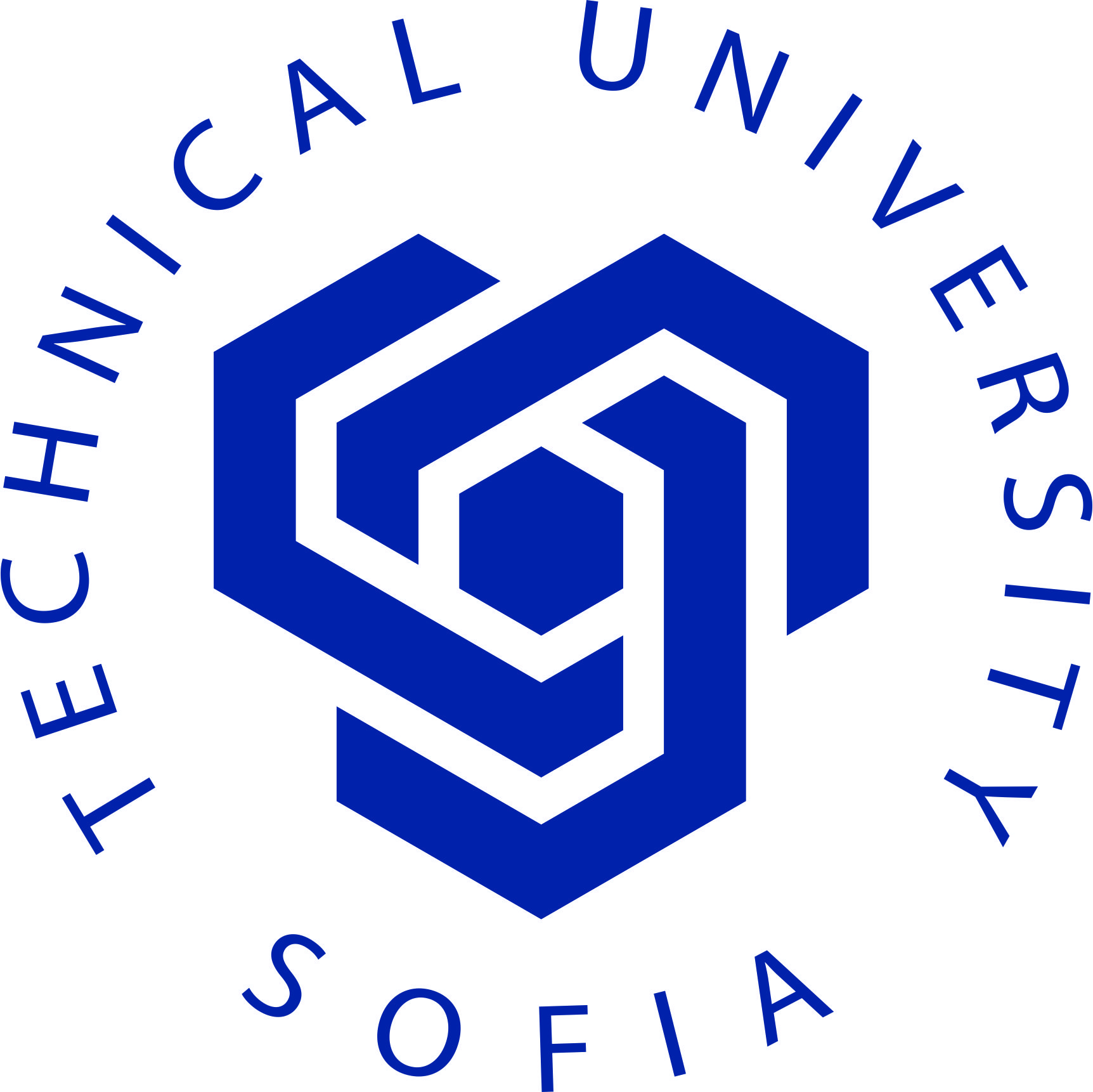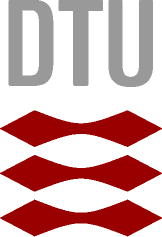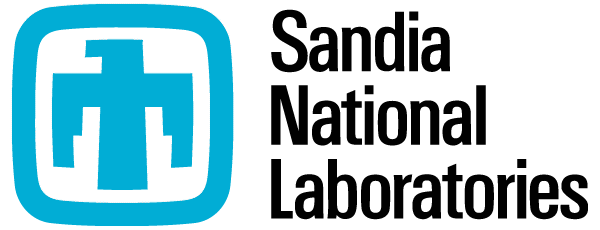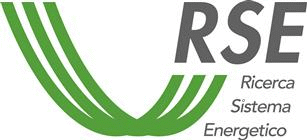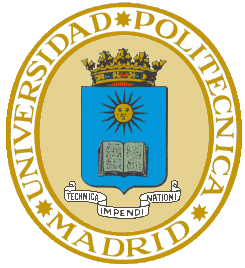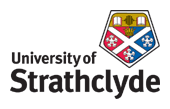TECNALIA Research & Innovation is the first private Research, Development and Innovation (R&D&I) organization in Spain and one of the leading ones in Europe, with a staff of 1500 experts (including 192 Doctors), 22 headquarters and a turnover of 120 million Euro.The mission of TECNALIA is to transform knowledge into GDP, improving people’s quality of life by generating business opportunities for companies. To accomplish this, TECNALIA is organised in 7 interconnected sectorial Divisions: Energy and Environment Division, Sustainable Construction Division, Industry and Transport Division, ICT – European Software Institute Division, Innovation Strategies Division, Health Division, and Technological Services Division.TECNALIA’s offer includes different activities: technological services, testing and certification, R&D&I projects, transfer of industrial property, business promotion, business diversification, innovation management and foreign support.
TECNALIA RESEARCH & INNOVATION



